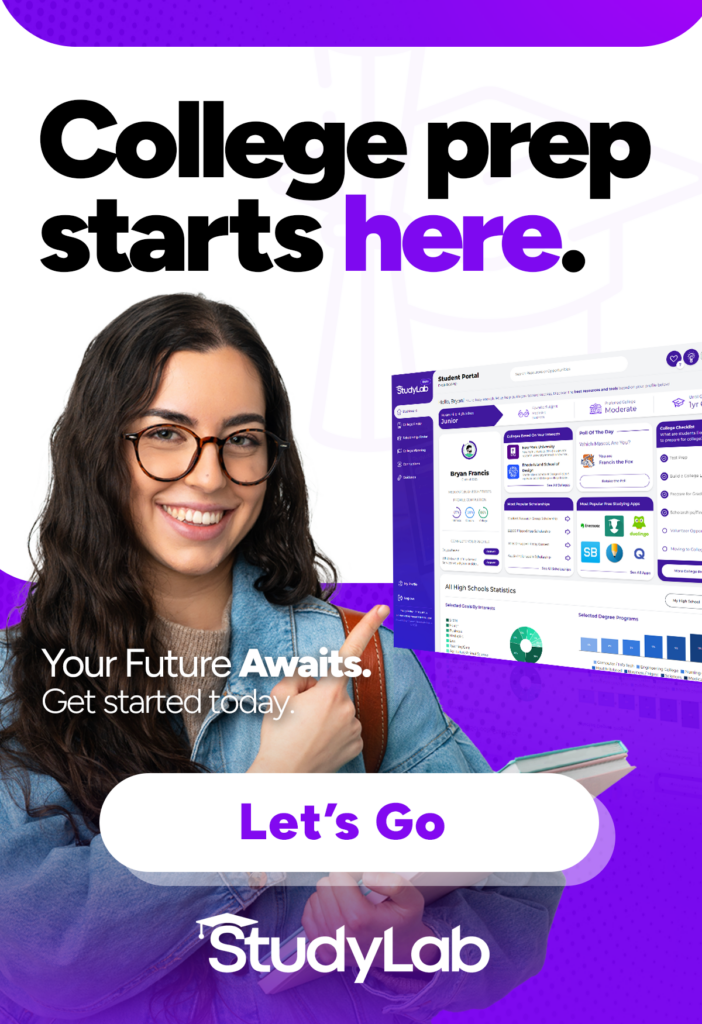“When I arrived on campus as a first-year college student, the differences between me and my peers were clear. So many of my fellow classmates seemed at home, not just among the beautiful buildings and green spaces, but also with the small nuances of the higher education experience — from skillfully finding the right courses to simply approaching faculty and staff for help. As the first member of my immediate family to go to college, I very quickly realized I had a longer, more stressful road ahead than those who showed up already knowing what to expect.”
- Kirk Daulerio, Co-Founder, Mainstay, writing in Bridging the Gap: How can emerging technology chart pathways to completion for first-generation students?, published by Mainstay
If you teach first-generation students who are bound for college – or if you are a first-generation student or the parent of one – you will want to read Bridging the Gap: How can emerging technology chart pathways to completion for first-generation students?, a new report just published by Mainstay and available as a free download.
The research reported in Bridging the Gap documents the fact that today’s first-generation college students have a more difficult time accommodating themselves to college life than students who come from families with long histories of college attendance.
Some findings include:
First-generation students are less confident about attending college. Bridging the Gap reports that first-generation students are more likely to report they are “not sure about college yet” (2.3 points higher than non-first-generation students) and slightly less likely to say they are “definitely planning to go to college” (2.6 points lower).
First-generation students are more likely to be concerned about the finances and logistics of going to college. First-generation students interviewed for Bridging the Gap said that financial aid was their biggest concern area, at a higher rate than their peers – 6.1 points higher than non-first-generation students. They also were more likely to be concerned about completing the Common App on time.
Mainstay Says Automation Can Help with Student Engagement
Mainstay, which has developed a platform that engages students via the use of AI-enabled chatbots, presents research that indicates that those chatbots offer colleges an effective tool to attract first-generation students and keep them engaged.
Mainstay’s chatbot platform engages students via interactive SMS texting, keeps in touch by using SMS text “nudges,” analyzes how those interactions are working, and then adapts the messaging process to optimize the relationship that has been created between colleges and students.
To quote from the report:
“A recent study conducted by the Texas Higher Education Coordinating Board (THECB), in partnership with the Urban Education Institute at The University of Texas at San Antonio (UEI), reinforces the fact that first-generation students often need a different degree of support that chatbots are uniquely able to provide.”
National Student Research Study
If you are a high school educator, be sure to have your students participate in our national student research. This study benefits your students, educators, and non-profits working with youth. Fill out our quick and easy survey request form and get involved in this important work!
Resources
Career and College Planning Lesson Plan
Request study materials for your classroom
Related Posts
New Report Suggests New Ways to Use Data to Build Student Success
Partner Profile: National Center for Women & Information Technology
Research Partner Profile: National Girls Collaborative Project
Four Forces that Are Affecting Student Diversity on American Campuses


